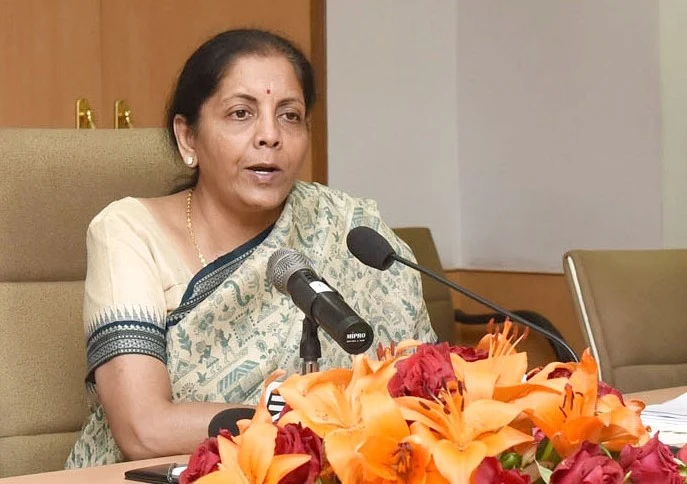Finance Minister Nirmala Sitharaman, who attended the 4th G20 meeting of finance ministers and central bank governors, highlighted that India’s economic revival journey has been marked by balancing the immediate needs of the economy with long-term structural reforms.
She pointed out that India has maintained the growth momentum, despite a contraction in 2020,
As India gears up to assume the one-year presidency of the G20 or Group of 20 in December Sitharaman on Wednesday also held bilateral meetings with her counterparts from other countries including Japan, Saudi Arabia, the South Korea, the Netherlands to discuss the current economic challenges related to the energy crisis, inflation, debt sustainability, and climate change. She used the opportunity to take feedback from the countries on New Delhi’s role as the G20 chair.
While India will be the G-20 chair, Japan will hold the presidency of the G-7 group of countries. India-Japan bilateral relations also mark the 70th anniversary this year. Sitharaman in her meeting with her Japanese counterpart Shunichi Suzuki, also discussed areas pertaining to Indo-Pacific economic cooperation.
Meanwhile, Sitharaman also expressed confidence that India is likely to register a growth rate of about 7 per cent this financial year. The International Monetary Fund (IMF) has reduced India’s growth rate at 6.8 per cent from the earlier 7.4 per cent. The minister reiterated India’s commitment to the reform process.
“I am aware that growth forecasts around the world are being revised lower. We expect India’s growth rate to be around 7 per cent this financial year. More importantly, I am confident of India’s relative and absolute growth performance in the rest of the decade,” she said earlier at a session organised by the Brookings Institution. She also added that just after pandemic, the conflict in Europe has had an impact on energy, fertiliser and food prices.
Also read: “A logistical marvel” says IMF on India’s direct cash transfer scheme




















